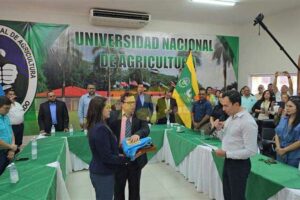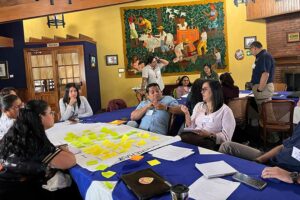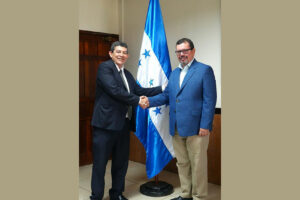KoLFACI strengthens statistical analysis capacities for coffee and cacao technicians
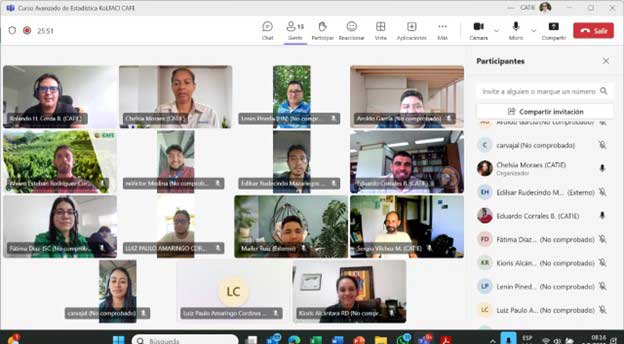
. CATIE, in its role as regional coordinator of projects promoted by KoLFACI, promotes the use of advanced statistical tools as a fundamental element for validating the results of ongoing coffee and cacao trials.
Around 45 technicians involved in two projects related to coffee and cacao crops—sponsored by the Korean-Latin American Food and Agriculture Cooperation Initiative (KoLFACI) and the Rural Development Administration (RDA) of the Republic of Korea—began a training course this month to update and consolidate their competencies in data analysis and interpretation using the Navure statistical software.
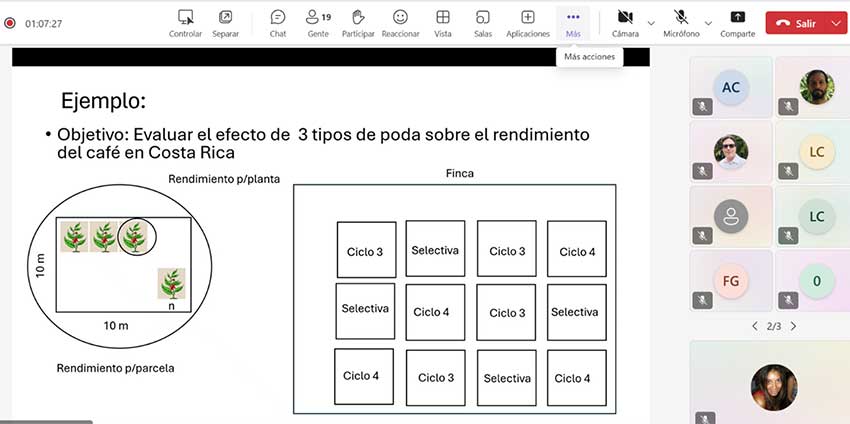
This training will allow participants to update and expand their knowledge on data analysis from trials conducted in coffee and cacao, providing them with tools for data analysis, interpretation, and presentation of results, thereby facilitating informed decision-making.
The use of advanced statistical tools is essential for validating the results of the trials being implemented under the two projects promoted by KoLFACI, which are regionally coordinated by CATIE.
Expanding knowledge
For KoLFACI and CATIE, strengthening knowledge in statistics and the use of specialized software among technicians leading research activities in the participating countries is essential. These countries—Bolivia, Colombia, Costa Rica, Ecuador, El Salvador, Guatemala, Honduras, Nicaragua, Panama, Peru, and the Dominican Republic—are the direct beneficiaries of these training efforts.
The capacity building of technicians is part of KoLFACI's ongoing commitment, considering this objective as important as the evaluation of technologies aimed especially at improving the production of smallholder coffee and cacao farmers in the region.
The implementation of field trials and research initiatives in these strategic crops has a positive impact on producers—not only by increasing their productivity, but also by exposing them to agronomic and agroforestry innovations that seek to promote more resilient, sustainable, and higher-yielding production systems.
El curso se está desarrollando en modalidad 100% virtual, con clases sincrónicas y una metodología teórico-práctica. Las sesiones tienen una duración de cuatro horas semanales y se extenderán por diez semanas, finalizando en el mes de julio. Este formación estará a cargo de los colegas M.Sc. Eduardo Corrales y Ph.D. Sergio Vilchez, de la Unidad de Bioestadística de CATIE.
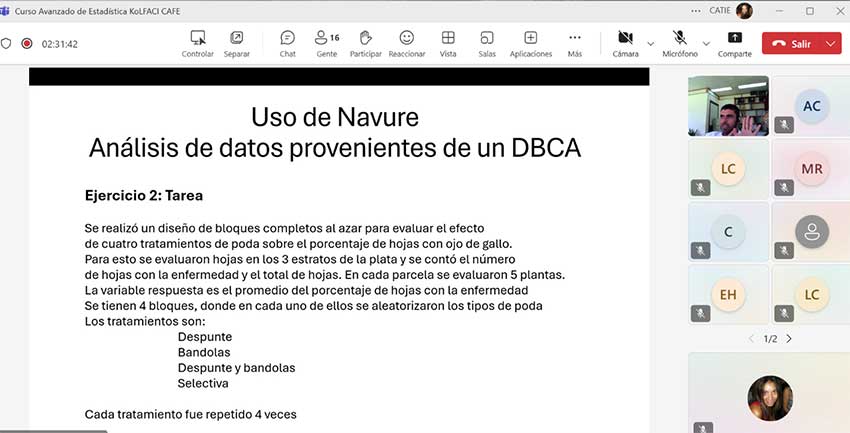
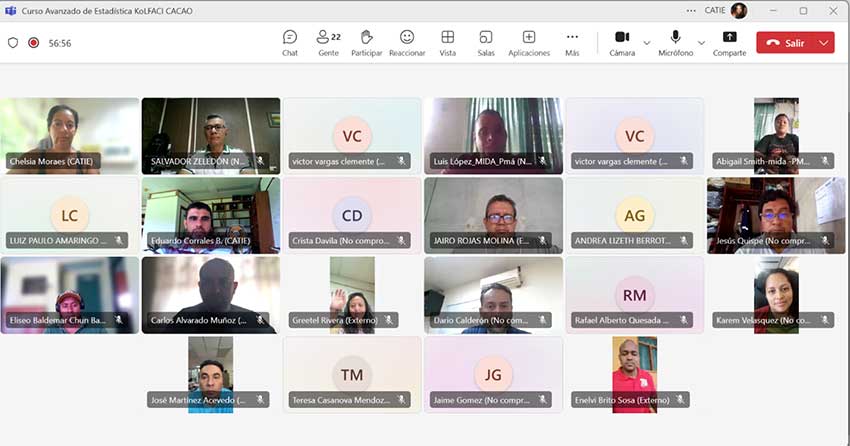
More information:
Chelsia Moraes
Researcher
CATIE
cmoraes@catie.ac.cr
Written by:
Esteban Rodríguez Zamora
Communicator
Information Technology and Communication
CATIE
esteban.rodriguez@catie.ac.cr

